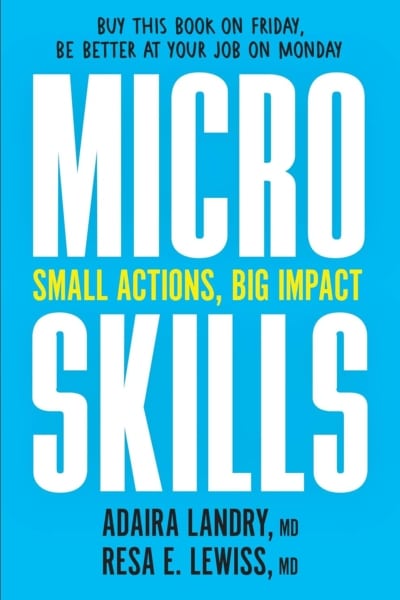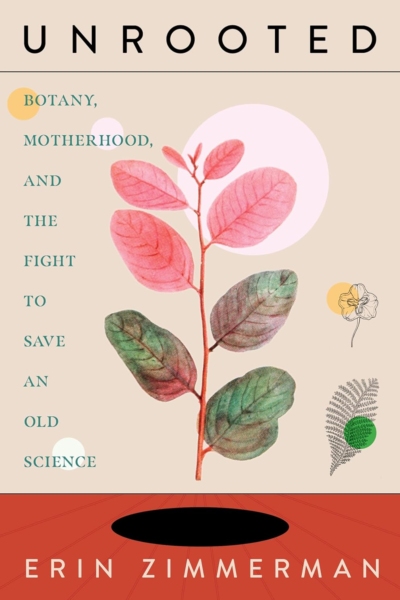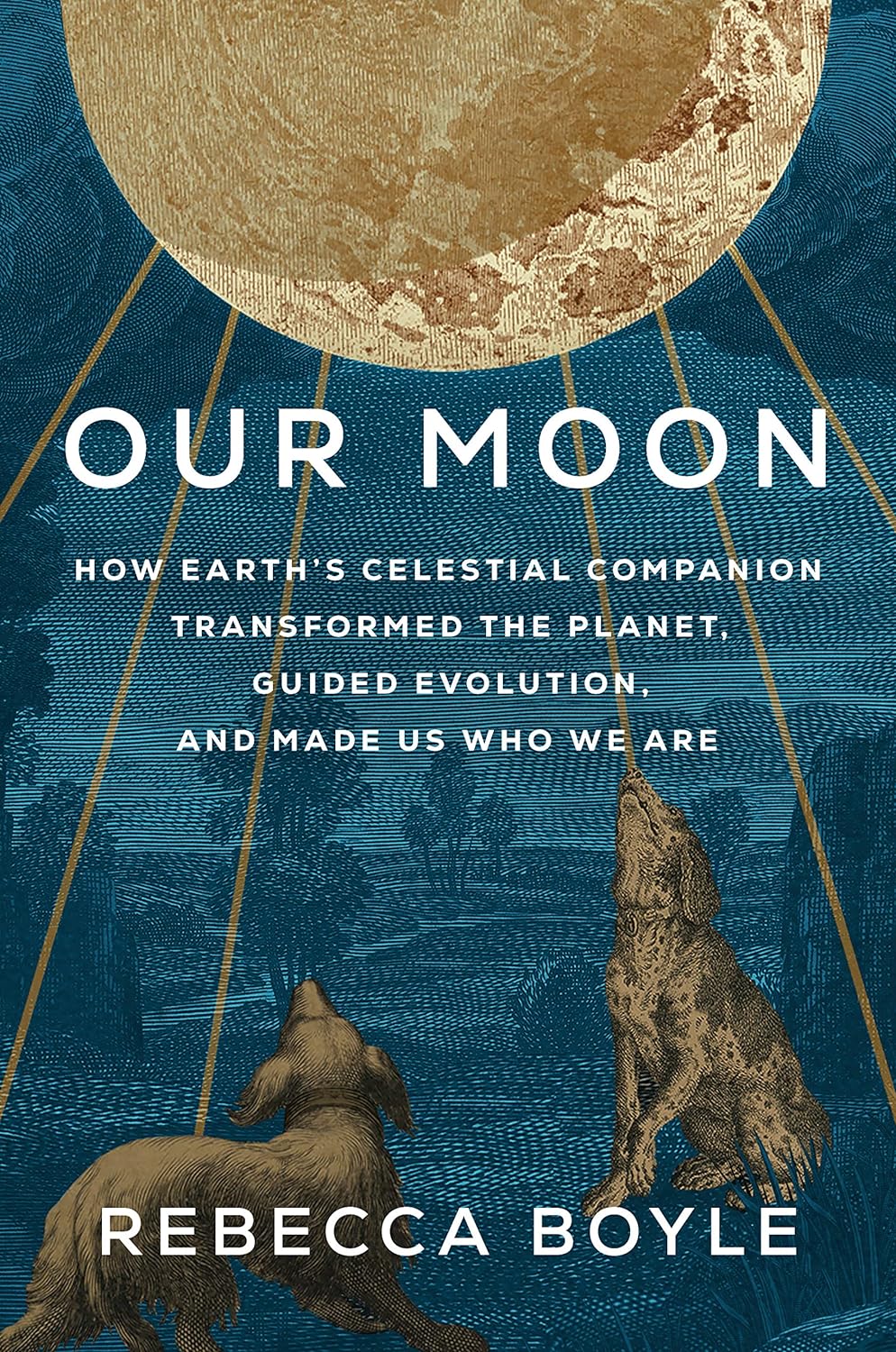Our Moon
Additional information
| Author | Rebecca Boyle |
|---|---|
| Genre | Nonfiction – History, Nonfiction – Science |
| Release Date | January 16, 2024 |
| Publisher | PRH, Random House |
Description
“A riveting feat of science writing that recasts that most familiar of celestial objects into something eerily extraordinary, pivotal to our history, and awesome in the original sense of the word.”—Ed Yong, New York Times bestselling author of An Immense World
Many of us know that the Moon pulls on our oceans, driving the tides, but did you know that it smells like gunpowder? Or that it was essential to the development of science and religion? Acclaimed journalist Rebecca Boyle takes readers on a dazzling tour to reveal the intimate role that our 4.51-billion-year-old companion has played in our biological and cultural evolution.
Our Moon’s gravity stabilized Earth’s orbit—and its climate. It drew nutrients to the surface of the primordial ocean, where they fostered the evolution of complex life. The Moon continues to influence animal migration and reproduction, plants’ movements, and, possibly, the flow of the very blood in our veins.
While the Sun helped prehistoric hunters and gatherers mark daily time, early civilizations used the phases of the Moon to count months and years, allowing them to plan farther ahead. Mesopotamian priests recorded the Moon’s position in order to make predictions, and, in the process, created the earliest known empirical, scientific observations. In Our Moon, Boyle introduces us to ancient astronomers and major figures of the scientific revolution, including Johannes Kepler and his influential lunar science fiction.
Our relationship to the Moon changed when Apollo astronauts landed on it in 1969, and it’s about to change again. As governments and billionaires aim to turn a profit from its resources, Rebecca Boyle shows us that the Moon belongs to everybody, and nobody at all.
About the Author

As a journalist, Rebecca Boyle has reported from particle accelerators, genetic sequencing labs, bat caves, the middle of a lake, the tops of mountains, and the retractable domes of some of Earth’s largest telescopes. Her first book, OUR MOON: How Earth’s Celestial Companion Transformed the Planet, Guided Evolution, and Made Us Who We Are (Random House, 2024) is a new history of humanity’s relationship with the Moon, which Rebecca has not yet visited on assignment.
Based in Colorado Springs, Colo., Rebecca is a contributing editor at Scientific American, a contributing writer at Quanta Magazine and The Atlantic, and a columnist at Atlas Obscura. She is a frequent contributor to the New York Times, Smithsonian Air & Space, and Popular Science. Her work has appeared in Wired, MIT Technology Review, Nature, Science, Popular Mechanics, New Scientist, Audubon, Distillations, and many other publications.
Rebecca’s work has been anthologized multiple times in the Best American Science and Nature Writing series, and she is the recipient of multiple writing awards throughout her career. As a daily newspaper reporter, Rebecca interviewed presidents and presidential candidates, state and local lawmakers, and covered major criminal court cases. Rebecca got her start in a small newsroom, but attending Space Camp in 6th grade is really what set the course of her career.
More 2024 Nonfiction Debuts
-
 Add to WishlistRemove from WishlistAdd to Wishlist
Add to WishlistRemove from WishlistAdd to Wishlist -
 Add to WishlistRemove from WishlistAdd to Wishlist
Add to WishlistRemove from WishlistAdd to Wishlist -
 Add to WishlistRemove from WishlistAdd to Wishlist
Add to WishlistRemove from WishlistAdd to Wishlist -
 Add to WishlistRemove from WishlistAdd to Wishlist
Add to WishlistRemove from WishlistAdd to Wishlist -
 Add to WishlistRemove from WishlistAdd to Wishlist
Add to WishlistRemove from WishlistAdd to Wishlist -
 Add to WishlistRemove from WishlistAdd to Wishlist
Add to WishlistRemove from WishlistAdd to Wishlist -
 Add to WishlistRemove from WishlistAdd to Wishlist
Add to WishlistRemove from WishlistAdd to Wishlist -
 Add to WishlistRemove from WishlistAdd to Wishlist
Add to WishlistRemove from WishlistAdd to Wishlist -
 Add to WishlistRemove from WishlistAdd to Wishlist
Add to WishlistRemove from WishlistAdd to Wishlist -
 Add to WishlistRemove from WishlistAdd to Wishlist
Add to WishlistRemove from WishlistAdd to Wishlist -
 Add to WishlistRemove from WishlistAdd to Wishlist
Add to WishlistRemove from WishlistAdd to Wishlist -
 Add to WishlistRemove from WishlistAdd to Wishlist
Add to WishlistRemove from WishlistAdd to Wishlist -
 Add to WishlistRemove from WishlistAdd to Wishlist
Add to WishlistRemove from WishlistAdd to Wishlist -
 Add to WishlistRemove from WishlistAdd to Wishlist
Add to WishlistRemove from WishlistAdd to Wishlist -
 Add to WishlistRemove from WishlistAdd to Wishlist
Add to WishlistRemove from WishlistAdd to Wishlist -
 Add to WishlistRemove from WishlistAdd to Wishlist
Add to WishlistRemove from WishlistAdd to Wishlist -
 Add to WishlistRemove from WishlistAdd to Wishlist
Add to WishlistRemove from WishlistAdd to Wishlist -
 Add to WishlistRemove from WishlistAdd to Wishlist
Add to WishlistRemove from WishlistAdd to Wishlist -
 Add to WishlistRemove from WishlistAdd to Wishlist
Add to WishlistRemove from WishlistAdd to Wishlist -
 Add to WishlistRemove from WishlistAdd to Wishlist
Add to WishlistRemove from WishlistAdd to Wishlist -
 Add to WishlistRemove from WishlistAdd to Wishlist
Add to WishlistRemove from WishlistAdd to Wishlist -
 Add to WishlistRemove from WishlistAdd to Wishlist
Add to WishlistRemove from WishlistAdd to Wishlist -
 Add to WishlistRemove from WishlistAdd to Wishlist
Add to WishlistRemove from WishlistAdd to Wishlist -
 Add to WishlistRemove from WishlistAdd to Wishlist
Add to WishlistRemove from WishlistAdd to Wishlist

